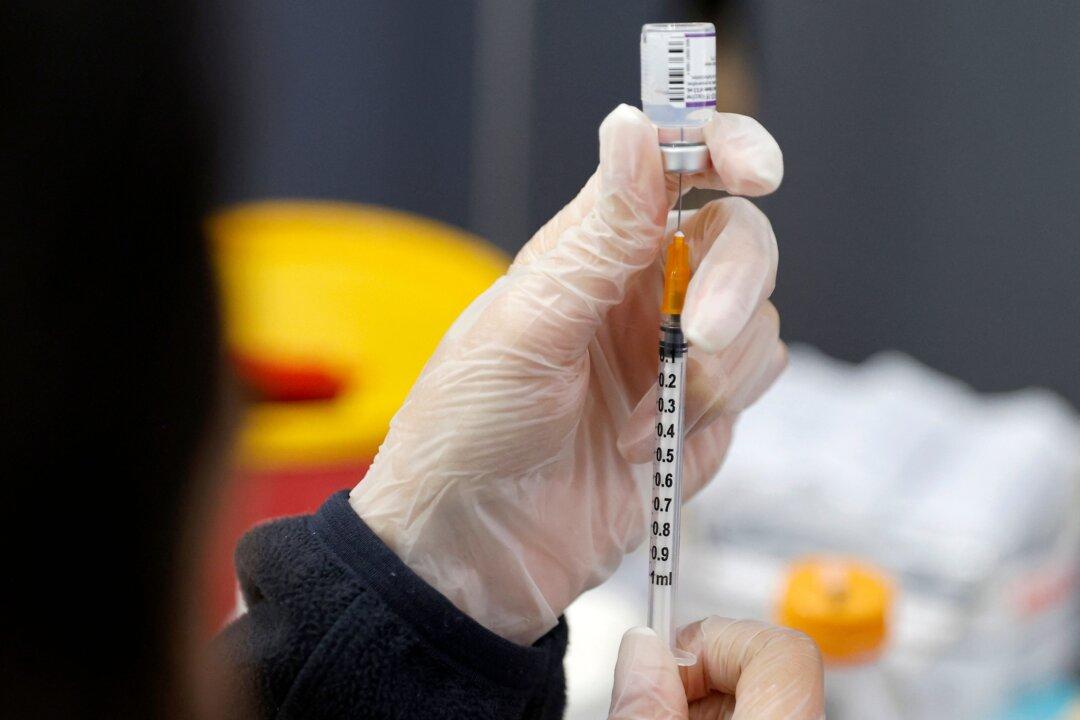Israel’s Ministry of Health has confirmed that a leaked video showing an expert warning the agency about potentially facing lawsuits over COVID-19 vaccine side effects is real, but issued false statements about the discussion.
Video footage recorded during a meeting held behind closed doors over the summer showed that experts hired to analyze post-vaccination adverse event reports said the analysis proved a causal relationship between some of the events and the vaccines and warned about presenting the data in a certain way in order to avoid lawsuits.






